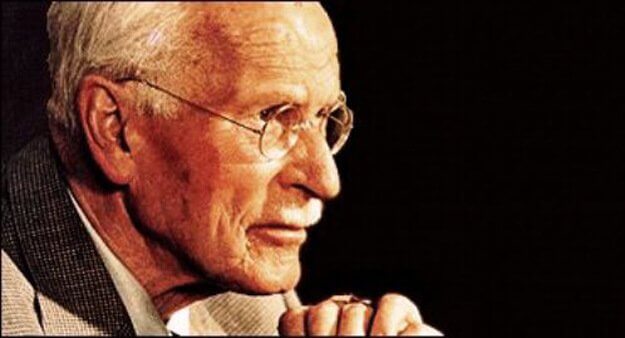If we want to understand the history of psychology, Carl Gustav Jung is undoubtedly one of the names to consider, his theories have been as controversial as they are inspiring, no wonder he is the founder of a school in the psychoanalytic field, the school of analytical psychology, also called complex psychology and deep psychology.
For a long time Jung was Freud’s disciple, however, he turned away from him mainly because he did not agree with his theory of sexuality. However, Jung faked the existence of a “collective unconscious,” which preceded the individual unconscious. .
- Jung was a restless intellectual.
- Who drank from various sources.
- In addition to neurology and psychoanalysis.
- Jung’s theories were influenced by mythology.
- And even religion and parapsychology.
- One of his great passions was archaeology.
- And probably from this current arises the construction of the theory of archetypes.
- Or universal symbols present in the human unconscious.
For Carl Jung, there are four basic psychological functions: thinking, feeling, intuitively and perceiving; in each person, one or more of these functions have a particular focus; for example, when someone is impulsive, according to Jung, it is because the functions of intuition and perception predominate, arlier than those of feeling and thinking.
From the four basic functions, Jung postulates that two great types of characters are formed: the introvert and the extrovert, each with specific traits that differentiate them from each other.
The extroverted type is characterized by
On the other hand, the introverted type has the following characteristics:
Apart from basic psychological functions and basic character types, Jung points out that eight distinct personality types are formed. All people belong to one type or another. These are:
The extroverted reflected personality corresponds to the brain and the target individuals, who act almost exclusively on the basis of reason, take for granted only what is proven with proper evidence, are not very sensitive and can even be authoritarian and manipulative towards others.
The reflective introvert is a person with great intellectual activity, who, however, has difficulties in relating to others. They are usually stubborn and determined to achieve their goals. It is sometimes considered inappropriate, harmless and interesting at the same time.
People with a great ability to understand others and build social relationships are outgoing and sentimental, however, they find it very difficult to turn away from their group and suffer when they are ignored, they are very easy to communicate.
The introverted sentimental personality is single and with great difficulty in building relationships with others, this can be insociable and melancholy. He does his best to go unnoticed and likes to remain silent, however, he is very sensitive to the needs of others.
Extroverted and insightful individuals have a particular weakness in objects, to the point of attributing magical qualities to them, even if they do so unconsciously, they are not passionate about ideas, unless they take concrete form, above all they seek pleasure.
It is a very unique personality type for musicians and artists. Introverted and perceptive people attach particular importance to sensory experiences: do they place too much importance on color, shape, texture?His world is the world of form, as a source of interior design. Experiences.
It matches the typical adventurer. Intuitive extroverted people are very active and restless, they need several different stimuli. They are determined to achieve the goals, and once they do, they move on to the next one and forget the precedent. They don’t care much about the well-being of those around them.
They are extremely sensitive to the most subtle stimuli. The introverted intuitive personality corresponds to the type of people who almost guess what others think, feel or are willing to do. They are creative, dreamy and idealistic. They have a hard time putting their feet on the ground.

